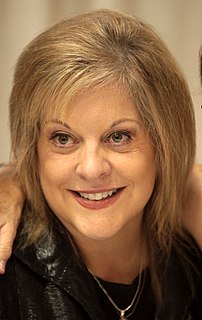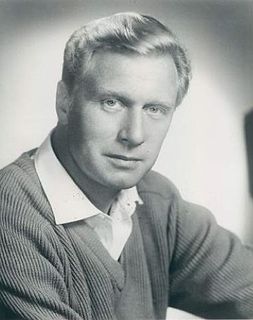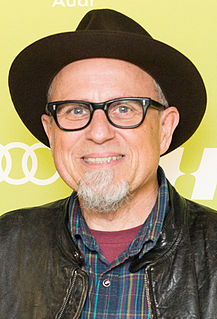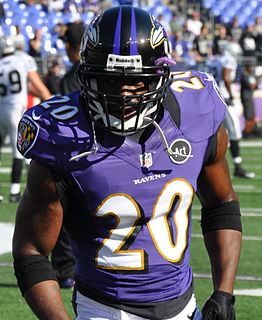A Quote by William Bratton
I was still a recruit in the Boston Police Academy when I attended my first police funeral. It was September 28, 1970. I remember it still.
Related Quotes
In Baltimore they can't do police work to save their lives. Now because of Freddie Gray they're not even getting out of the car and policing corners - they're on a job slowdown, basically. Right now if the police stopped being brutal, if we got police shooting under control, and the use of excessive force, if we have a meaningful societal response to all that stuff, and the racism that underlies it, the question still remains: what are they policing, and why?
Many White people are not sensitive to the kind of abuse that African Americans, especially younger African Americans, receive at the hands of police officers and police departments. I think for most Whites their experience with the police has been good or neutral because they don't interact with the police as much as those in the Black community.



































